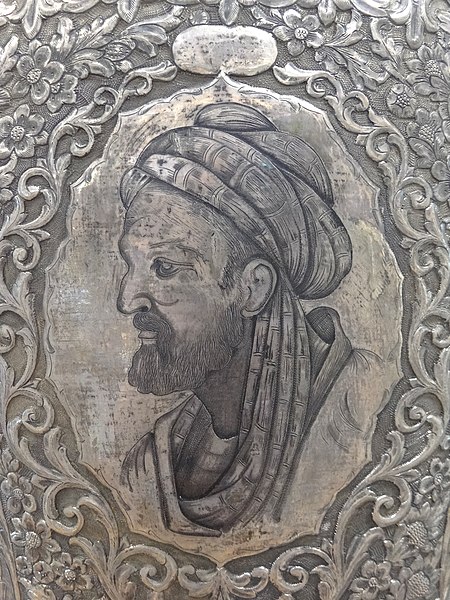Medieval philosophy is the philosophy that existed through the Middle Ages, the period roughly extending from the fall of the Western Roman Empire in the 5th century until after the Renaissance in the 13th and 14th centuries. Medieval philosophy, understood as a project of independent philosophical inquiry, began in Baghdad, in the middle of the 8th century, and in France and Germany, in the itinerant court of Charlemagne in Aachen, in the last quarter of the 8th century. It is defined partly by the process of rediscovering the ancient culture developed in Greece and Rome during the Classical period, and partly by the need to address theological problems and to integrate sacred doctrine with secular learning. This is one of the defining characteristics in this time period. Understanding God was the focal point of study of the philosophers at that time, Muslim and Christian alike.

Philosophy seated between the seven liberal arts; picture from the Hortus deliciarum of Herrad von Landsberg (12th century).
Avicenna
Portrait by Philippe de Champaigne, 17th century
Abbo of Fleury
Transmission of the Greek Classics
The transmission of the Greek Classics to Latin Western Europe during the Middle Ages was a key factor in the development of intellectual life in Western Europe. Interest in Greek texts and their availability was scarce in the Latin West during the Early Middle Ages, but as traffic to the East increased, so did Western scholarship.
A medieval Arabic representation of Aristotle teaching a student.





